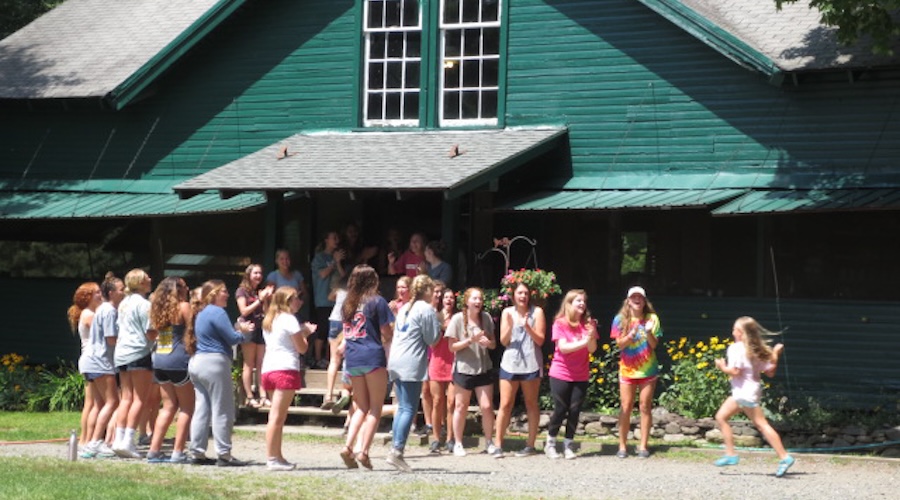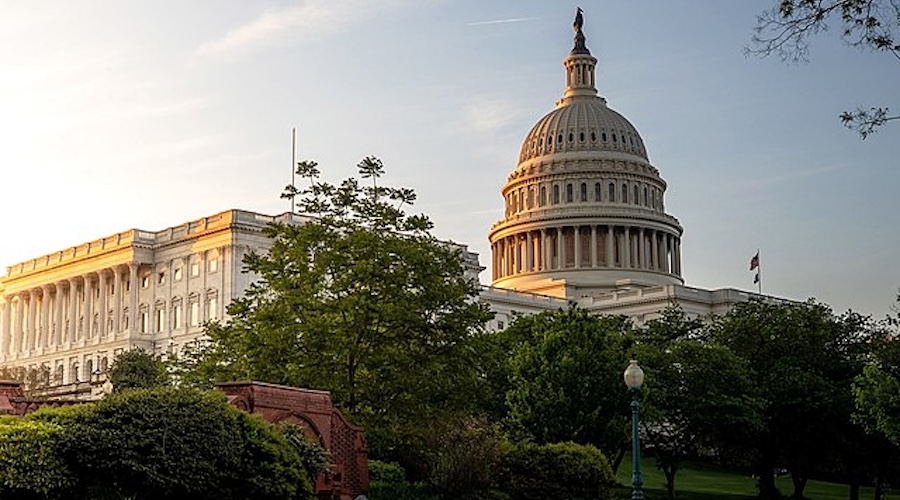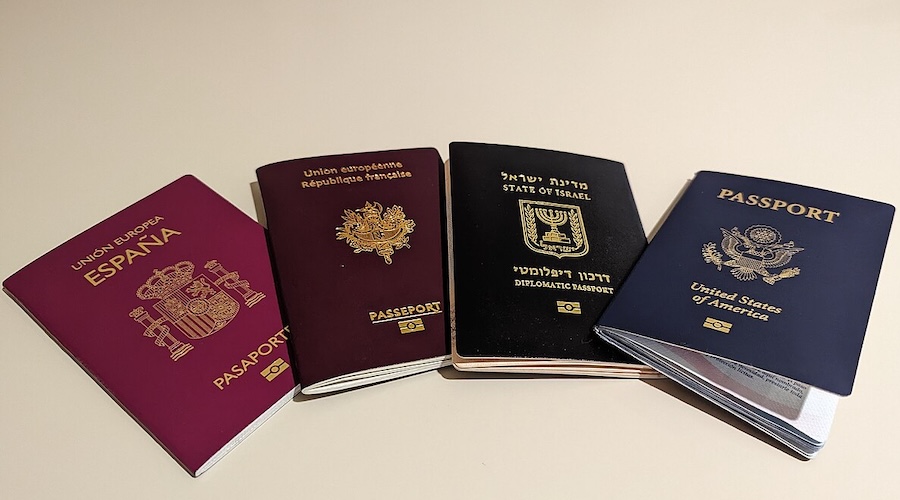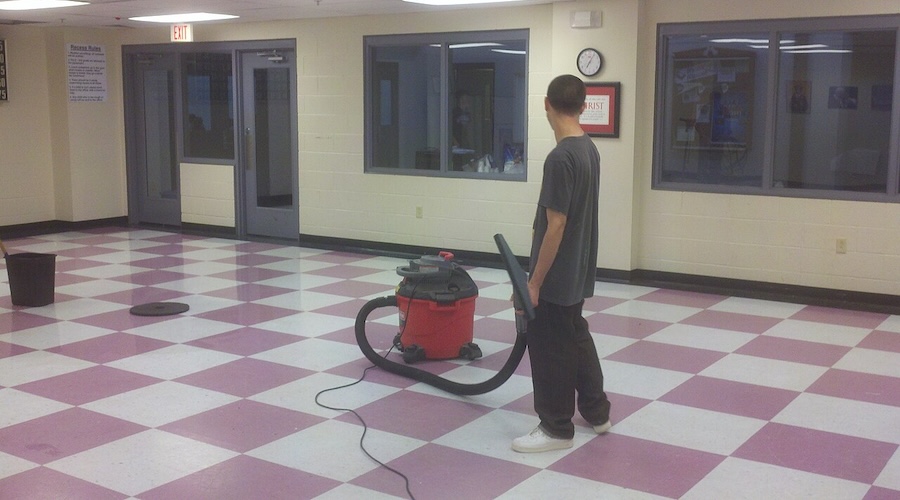
J Visa: Cultural Exchange Visa Turned Cheap Labor Conduit
Fact Sheet - Tuesday, October 7, 2025
Federal Agency Oversight: DOS
Dependents: J2
The Basics:
-
This visa is defined in statute at 8 U.S.C. 1101(a)(15)(j) as: “an alien having a residence in a foreign country which he has no intention of abandoning who is a bona fide student, scholar, trainee, teacher, professor, research assistant, specialist, or leader in a field of specialized knowledge or skill, or other person of similar description, who is coming temporarily to the United States as a participant in a program designated by the Director of the United States Information Agency, for the purpose of teaching, instructing or lecturing, studying, observing, conducting research, consulting, demonstrating special skills, or receiving training.”
-
If the training a J-visa holder is coming here for is on the Exchange Visitor Skills List, that alien is required to return home for two years after the end of the program in the United States before he or she can apply to return. This requirement may be waived by the State Department for a variety of reasons, some of which have nothing to do with any need for the services the alien may provide to the United States.
-
The primary exception to this is that J-1 medical graduates can apply for the waiver under the Conrad 30 Waiver Program, which is designed to address doctor shortages in medically underserved areas.
-
J-visa aliens can participate in many different employment categories, including, but not limited to:
-
Physician; and
-
The visa also includes certain programs for nationals from specific countries like the Work, English, Study, Travel (WEST) program between the United States and South Korea.
-
The J visa has no annual numerical limit.
-
J-2 dependents are eligible for employment authorization by regulation at 8 CFR 214.2(j)(1)(v) only if the employment is not for the support of the J-1 principal.
The Problem:
-
While the J visa was designed to encourage the exchange of cultural experiences with foreign nationals who would return home to spread positive sentiments about their experience in the United States, it has devolved into little more than a cheap labor visa.
-
Because the category was created for educational and cultural exchange of ideas, there are no labor protections for J-visa employees. Filipino teachers, for example, were charged exorbitant recruitment fees to teach in New Mexico schools.
-
From a media report: “In dozens of interviews with recruiters, foreign teachers, school administrators, union leaders and others, Searchlight New Mexico found a system that lacks transparency and risks trapping teachers from developing nations for the life of their three-year visa.”
-
Foreign medical graduates have been enlisted as indentured servants under the J visa.
-
According to the American Medical Association (AMA), “About one-third of resident physicians in the U.S. are international medical graduates. Approximately half of those residents are noncitizens practicing under a specific non-immigrant visa, typically a J-1 visa.”
-
While the statute mentions “special skills” and leadership, often J visas are given to people seeking work American workers, especially young entry-level American workers, could easily do, including: lifeguards; interns; babysitters; hospitality workers; and restaurant workers.
LEGISLATIVE RECOMMENDATION: The J visa has outlived its purpose and should be eliminated. Access to the internet, and thus American media and social media, allows anyone in the world to learn about American values and democratic institutions. Moreover, the fact that the vast majority of our educational institutions no longer teach American values raises serious questions about exactly what cultural attributes are actually being exchanged. We have other visas that provide opportunities for foreign medical and educational professionals to come to the United States, with the requisite labor certifications and wage requirements.
ADMINISTRATIVE RECOMMENDATION: The regulations for the J visa should be rewritten to restore it to the original intent of cultural exchange with foreign nationals with an intent to return home. This requires eliminating programs allowing low-skill labor to be imported through the J program and eliminating employment authorization for dependents. Most of the J statute does not reference employment opportunities, but rather mentions scholars, trainees, and students. The regulations should narrowly limit employment authorization and admission under J to the plain meaning of the statute. Where employment could be inferred (for example, teachers and professors), the regulations should include labor protection requirements, such as barring recruitment fees, wage requirements, and the recruitment of American workers.
Download Fact Sheet

Fact Sheet - The U.S. Immigration System

Fact Sheet - Visa Waiver Program: Legal Open Borders for the Developed World

Fact Sheet - EB-3: Third in Preference, Last in Our Hearts

Fact Sheet - Temporary Protected Status: De Facto Amnesty

Fact Sheet - The Visa Lottery: Surrendering Sovereignty to Random Chance
